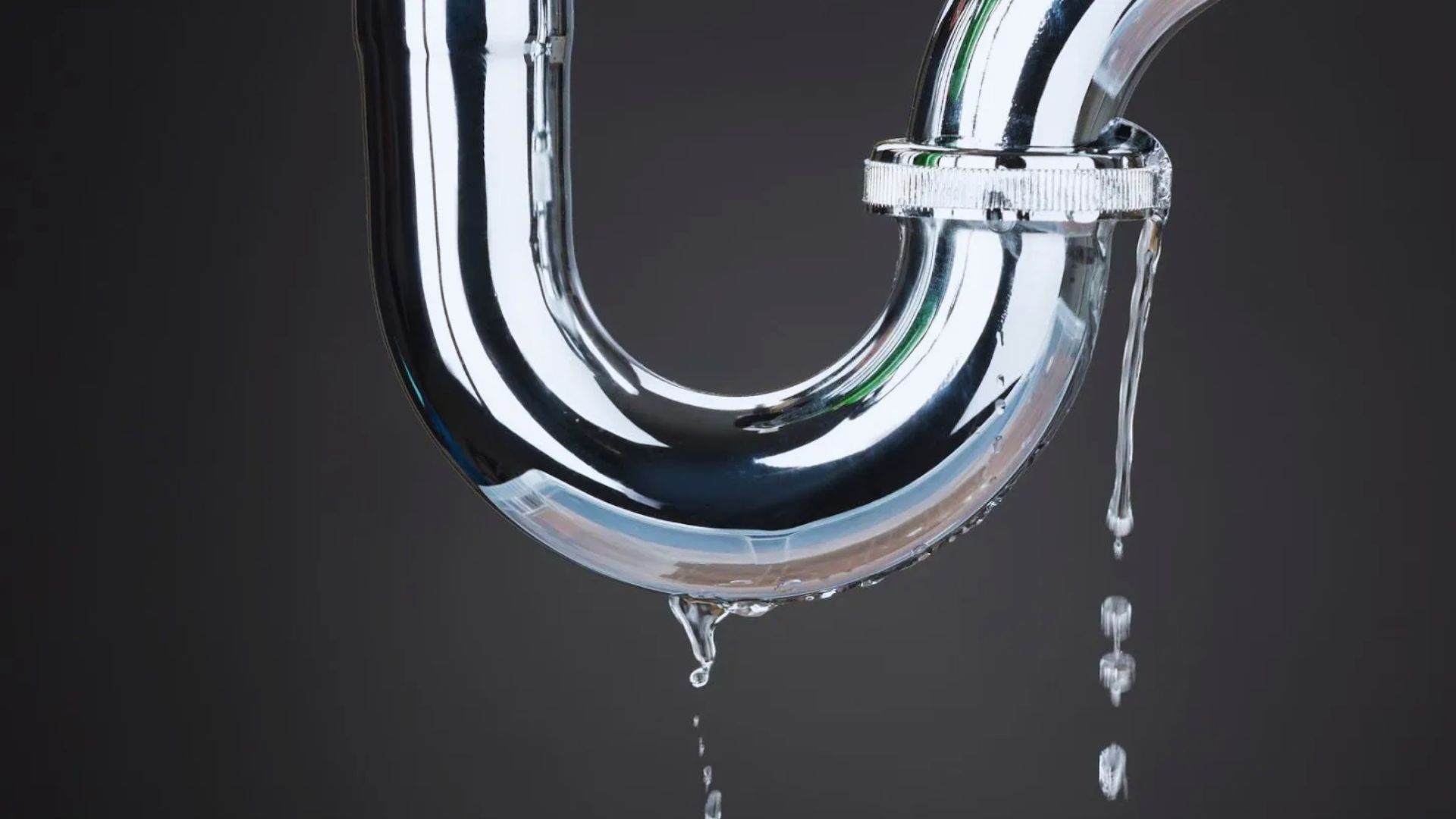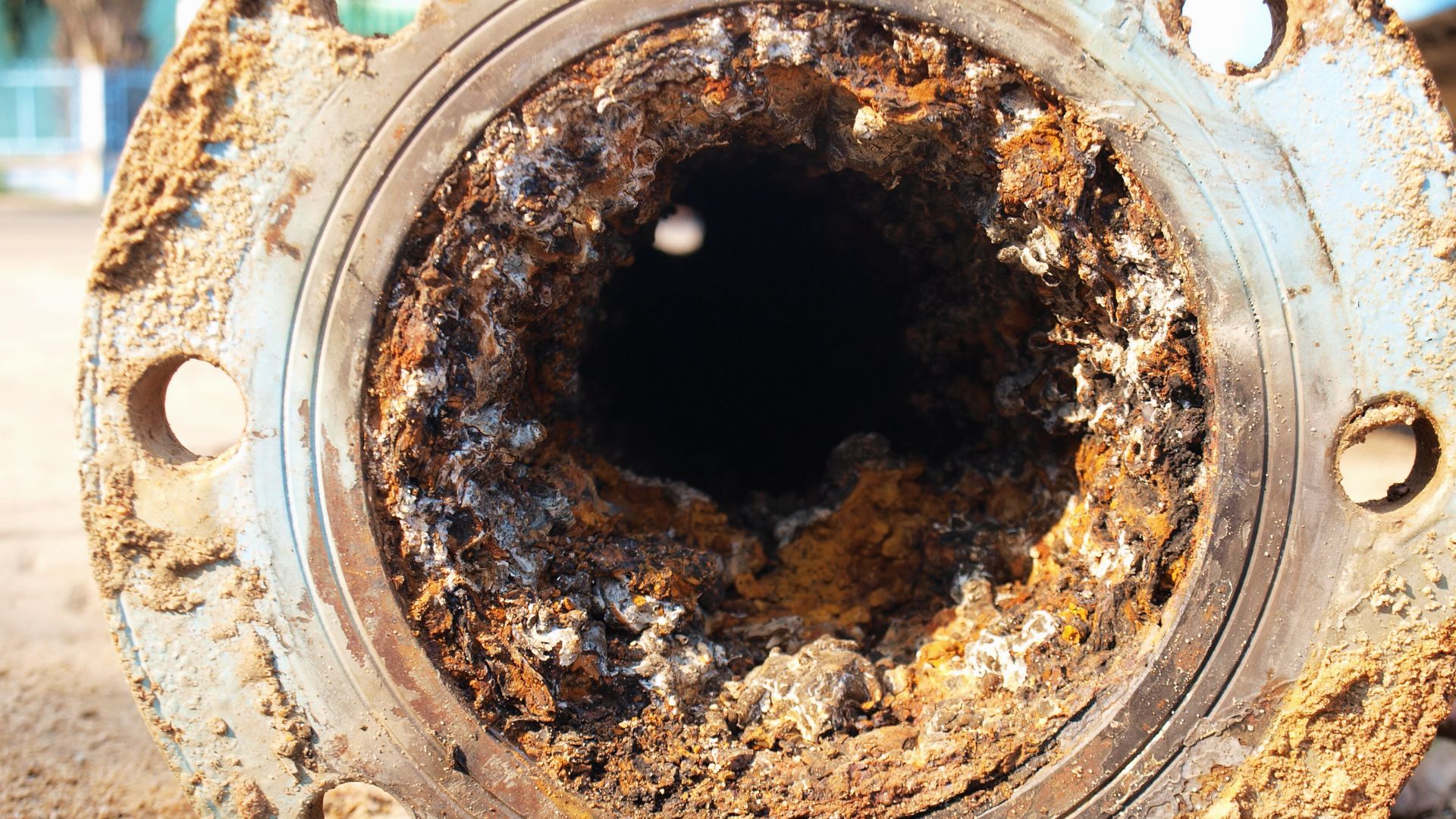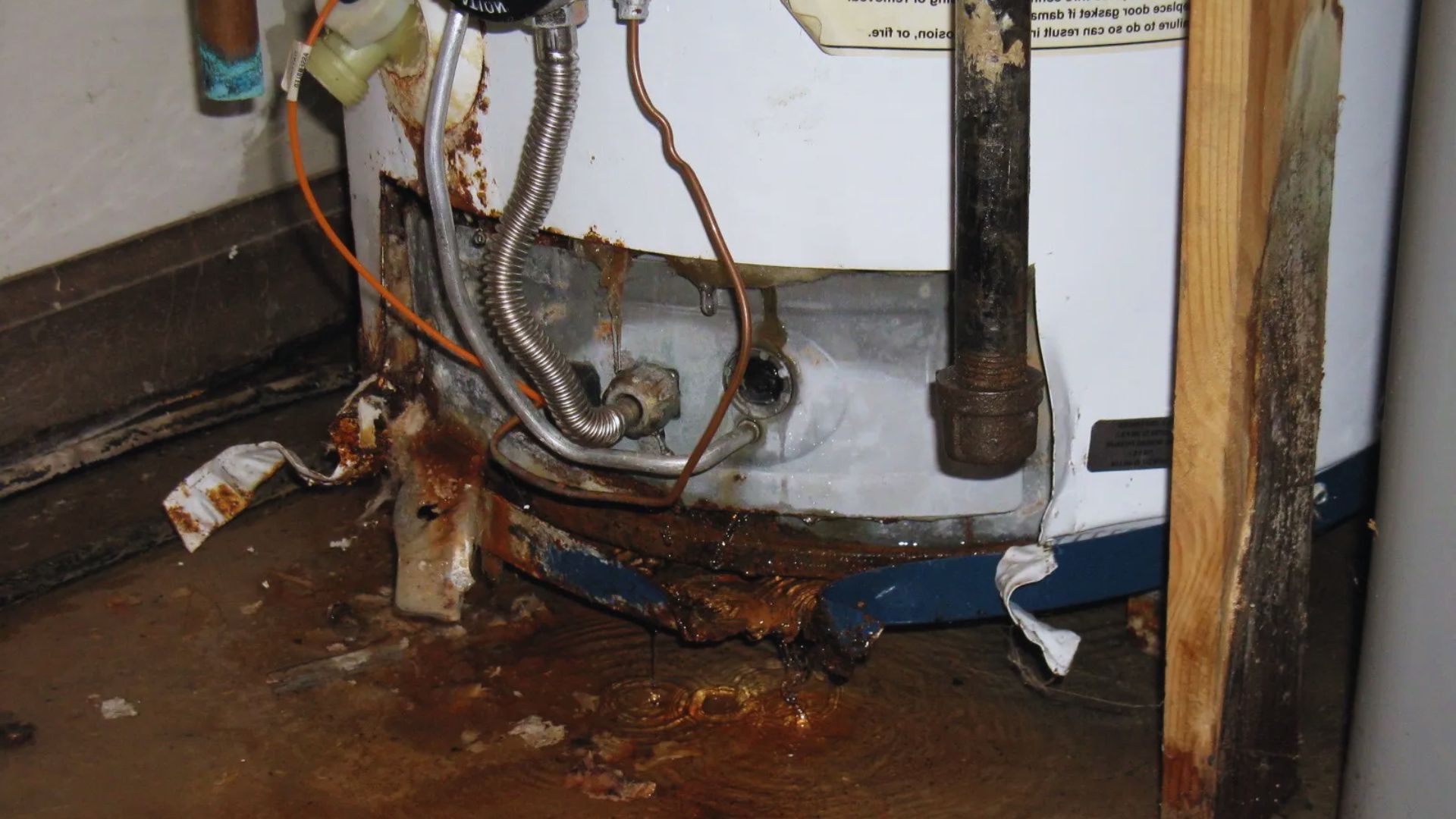7:00AM to 5:00PM
Don’t know what to do in a plumbing emergency? Plumbing systems are a critical part of every household, enabling the movement of freshwater and wastewater in our homes.
As a homeowner, you will face a plumbing emergency once in a blue moon. It could be something as easily solvable as a drain clog or something more complex like a burst pipe. Solving the issue immediately is essential to prevent water wastage and save money on utility bills.
But approaching the solution to these problems isn’t always easy, especially if you don’t know how to spot the issue. This can further complicate your plumbing troubles that no homeowner hopes to solve.
Here’s a complete guide on what to do in a plumbing emergency and what to avoid when faced with one.
There are different plumbing problems, each increasingly complex to address. The sooner you tackle these issues, the fewer the consequences of plumbing or water damage you’ll face.
These are the different types of plumbing emergencies:

Toilet backflow can occur for several reasons, ranging from damaged float mechanism to clogs in the sewer pipes. This issue is unpleasant, but if ignored, it can worsen.
When your toilet backflows or overflows, the first thing you should do is immediately turn off the water supply, typically located behind the toilet. Alternatively, you can shut off the main water valve to eliminate the water supply. This will keep the issue from worsening, allowing you to call your local emergency plumber and clean up the surrounding area.
If you suspect a clog, you may try using a plunger to see if it can be dislodged. That said, it’s important to note that the waste matter blocking the toilet may come back up, leaving a nasty-smelling mess behind. Use a plunger only if you’re ready to deal with the mess.
Never use a drain auger or plumber’s eel in case of a blocked toilet. This can cause damage to the pipeline, creating a whole new plumbing issue to deal with.
Note that repeatedly flushing can also worsen plumbing emergencies. It’s best to leave the toilet until professional plumbers arrive to fix the issue.
A pipe in your plumbing system may burst for various reasons, like weakened or cracked pipes and increased water pressure. Burst pipes are often quite complicated, primarily if the broken pipe is housed inside a wall.
If you think a pipe has burst open, turn off your water supply from the mains tap and contact professional plumbers for leak detection.
While the emergency plumbers arrive, you can try to spot wet spaces in your home and clean the surrounding area to mitigate further damage. Additionally, you should remove any belongings near the leaking spot.
The last thing you should do when dealing with burst pipes is to ignore them. Burst pipes can lead to severe damage to the structural integrity of your house. If ignored, the damage can grow catastrophic enough to collapse the specific wall or the entire structure.
Leaky pipes and fixtures may seem minor, but they are severe enough issues that need immediate attention. Much like burst pipes, a leaking or dripping tap or pipe can cause more damage to your home and have a severe impact in the long run.
Turn off the water supply and see if you can find the source of the small leak. If the leak occurs in an exposed pipe, you can use a plumber’s or epoxy putty as a temporary fix. However, to solve this issue thoroughly, a professional will need to check it.
Consider having a water leak sensor in areas that can’t be spotted easily to be alerted to the leak quickly.
Due to the slow-acting consequences of this problem, it could be a while before you notice that the plumbing problems even exist. The first sign of this might be your monthly water bill, which may have risen significantly despite an ordinary usage level.
So, if you spot a plumbing emergency, don’t delay in having the problem solved as soon as possible.
Sewer pipes often get clogged due to excess build-up caused by grease, oil, and fat being thrown into the drain. And once all the excess waste builds up in the pipe, it can quickly become highly problematic.
In such cases, you will see signs like slow or no water flow, musty smell, backflow in the bathroom or toilet, and unusual noises.

One of the best ways to deal with clogged sewer pipes is to mix vinegar and baking soda in equal parts. Then, pour the fizzy mixture down the blocked drain to clear it out.
If that doesn’t clear it out, pour some hot water to see if it clears. If the problem persists, feel free to contact your emergency plumber.
When you spot blocked sewer lines, stop throwing anything down the drains. If you continue to do so, the problem may become too challenging to deal with later.
If the DIY solution doesn’t work, do not leave the plumbing emergency behind to solve later. Ignoring a clogged sewer or water line can make dealing with it even more unpleasant due to the increasing intensity of foul odours.

At first glance, a failing hot water system may not seem like a plumbing emergency, but it is an emergency plumbing issue that must be addressed quickly.
Malfunctioning water heaters can cause severe, lasting damage to your property and may cause severe leaks. Water can pool in your basement, causing flooding and weakening the foundations of your home.
If your heater is gas-operated, the matter becomes even more severe. Gas leaks are an immediate emergency that needs to be addressed by a professional alone. After all, even the most minor sparks can set it aflame, which may lead to a potentially life-threatening house fire.
First, immediately turn off the water main and shut off the electrical supply. Then, consider draining the tank through the drain spigot near the bottom.
Next, call an emergency plumbing service for assistance, and as they arrive, consider cleaning up any leaks around the heater. A cleaner workspace would allow the professional plumber to work more effectively, making the repairs quicker.
If your heater is gas-powered, turn off all electronics and sources of naked flame, open all the doors and windows in your home, and turn off the gas appliances to reduce the gas leak rate. Let your plumber know what they need to repair, and allow them to assess the issue and respond quickly.
Please do not continue to use the heater after you spot leaks, and allow a licensed plumber to deal with it. Attempting to repair an electrically operated heater can be hazardous if handled without care, potentially leading to electric shocks and the tank bursting open.
Moreover, do not try to fix the problem alone, especially when dealing with a gas leak. For a gas-powered heater, you shouldn’t operate any electrical equipment near the leak, including all the lights and other electrically powered fixtures in its vicinity.
While it’s not always possible to predict when these emergencies occur, there are specific steps you can take to reduce the chances of them happening. For this, you can:
Plumbing emergencies are an unfortunate reality that every homeowner must be ready to deal with. By remaining vigilant, they can significantly reduce the likelihood of a major emergency.
An important thing to note about emergency plumbing systems is that problems with them can often be too complex to handle independently. More often than not, you may find yourself relying on professional emergency plumbing services to take care of it. But in no circumstance should you ignore any issues with your plumbing.
And if you need professional-grade services to deal with a complex plumbing problem, look no further than the Gold Coast Plumbing Company. At Gold Coast Plumbing Company, we identify all plumbing issues and perform the necessary repairs at a reasonable rate, no matter the time of day. Get in touch with us to avail yourself of the services of our Sydney emergency plumber!